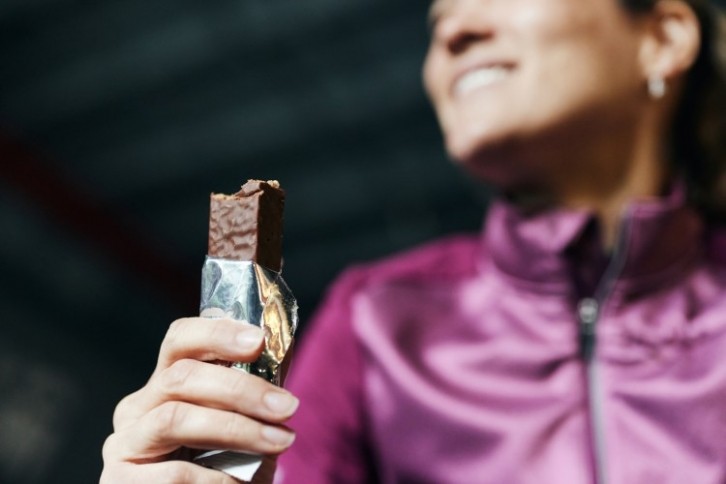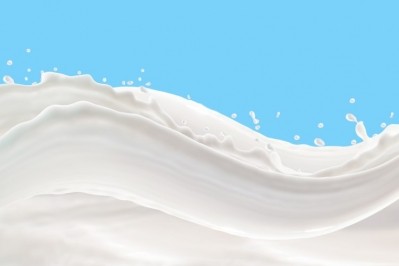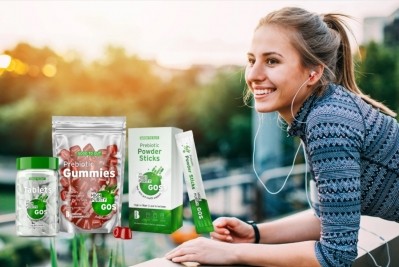Fonterra sees ‘significant opportunities’ in high-protein dairy

The site – in Studholme, southern Canterbury – is set to benefit from a AU$75m (around US$51) investment in order to increase production of functional proteins for applications in the medical and sports nutrition sector. Site work will begin in September and new product is due to come out in 2026.
The expansion forms part of Fonterra’s strategy to pivot away from its consumer and integrated businesses and focus on its core offering in the B2B space. In a press statement released alongside the co-op’s FY23 results, Fonterra’s CEO Miles Hurrell said demand for value-added ingredients ‘continued to be robust’ and confirmed that ingredients, in particular cheese and protein products, were among the key drivers that enabled Fonterra to increase its FY23 reported profit after tax by AU$994m, to AU$1,577m.
Reflecting on the Studholme expansion, Hurrell said the site works ‘will allow us to increase production of this high-value product and ultimately grow returns to farmers’.
Fonterra President Global Markets Ingredients, Richard Allen, added: “We see significant opportunities in the global high protein dairy category, which is projected to grow by close to USD10 billion over the next four years, at an annualised growth rate of 7% per annum [according to Euromonitor].
“Increasing our manufacturing capacity for functional proteins will enable us to continue to strengthen our offerings with existing customers as well as attract new business.”
Under its ingredients brand NZMP, Fonterra markets functional proteins including milk and whey concentrates that are thermally-stable to resist coagulation; can be applied in low pH applications and are highly stable in processing which in turn allows for high protein concentrations.
Studholme: a multi-product site that keeps growing
Formerly owned by NZ Dairies, the Studholme factory has been operated by Fonterra since 2012 and produces milk powders including whole, buttermilk powder and whey protein concentrate powder.
All product manufactured there is exported globally, with Fonterra estimating the site processes up to 5.4 metric tons of milk powder per hour during peak milking season; with 3,000 metric tons of finished foods stored on-site.
Richard Allen explained that the site had been identified following a global asset network review and has been chosen for its size, being a relatively new site and because it had scope to be expanded. “It makes sense economically and we’re confident in the longevity of the site to supply these ingredients for the long term,” he added.
Once the expansion is completed, the site will continue to process milk in addition to being a protein manufacturing hub.
Protein products are booming in Australia
According to Euromonitor International analysis, Australian consumers are increasingly shifting from nutrition drinks and meal replacements to protein bars and sports protein powders, with older consumers in particular now eating more high-protein options.
In addition, supermarkets in the country are increasing their value share (currently 13%) of sports nutrition distribution as consumers seek the convenience and satiety of protein bars.
And while younger demographics are the typical target market for sports nutrition and high-protein products due to being perceived as more physically active, Australian Baby Boomers appear to be more active than Millennials and almost as active as Gen Z, according to Euromonitor International’s Voice of the Consumer: Health and Nutrition Survey.
The Australian government is also encouraging high-protein intake among those aged over 70 in order to tackle muscle loss; for example, males over 70 years of age are told to consume 1.07g of protein per kg of body weight daily – higher than 0.84g/kg for men under 70 years.
Euromonitor notes that protein bars make up nearly a third of all sports nutrition sales in Australia, reaching a market value of AU$300m and are now the second most valuable category within the segment in Australia.












